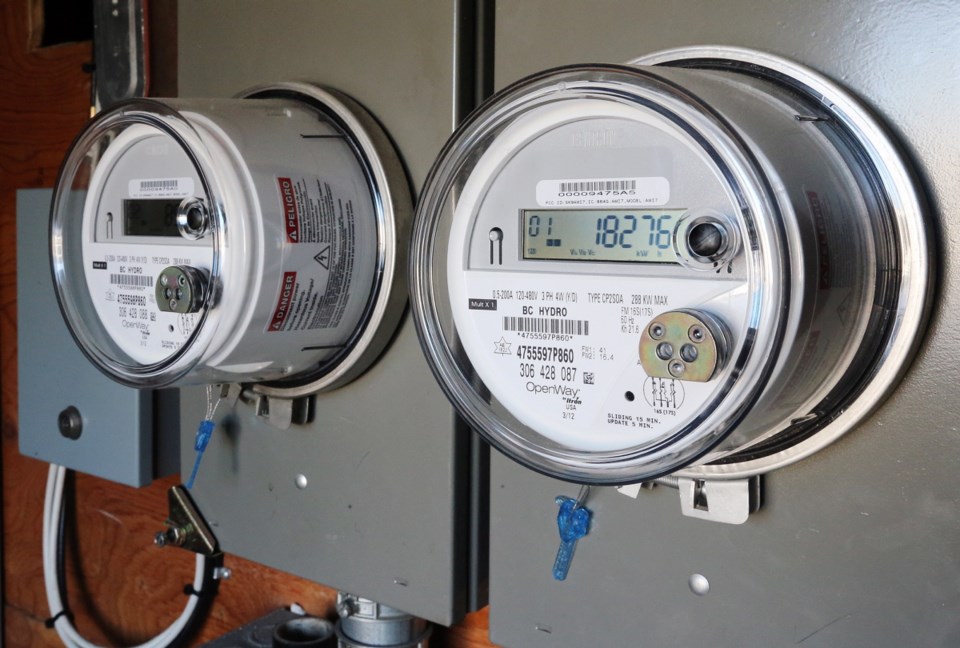British Columbians concerned about the health effects of B.C. Hydro’s smart meters may be able to turn off the device’s wireless transmitter and pay to have the meter read manually, says the province’s energy minister.
Bill Bennett extended the peace offering to more than 60,000 residents who remain unwilling to allow the government to install smart meters on their property.
“It’s not our intention to offend people or bully people,” Bennett said.
“There are people who have beliefs that I don’t necessarily agree with, but they believe they shouldn’t have a radio transmitter in their smart meter and it’s going to affect them in some negative way … so we are going to respect that. But they don’t get that exception without some cost.”
Bennett said he’s not sure how much people could be charged for altered smart meters and manual meter reading. But those costs shouldn’t be shared by people who have already accepted fully functioning smart meters.
“The 95 per cent of B.C. ratepayers who have taken or are taking a smart meter should not pay the additional costs of the four per cent who don’t want one,” Bennett said.
The move is the latest twist in a long-running saga over smart meters.
The government announced the $1-billion smart meter program in 2007, saying it was necessary to replace analog meters in homes and apartments with new devices that would more accurately measure electricity usage for billing and to detect problems with the power grid. The smart meters, which have digital readings instead of the old dials, send power usage information to B.C. Hydro using wireless signals.
Critics said they were worried the wireless technology could have negative health effects. Many clashed with B.C. Hydro contractors, refusing to grant them property access.
Former energy minister Rich Coleman took a hard line with the resisters, saying the program was mandatory and would work only if everyone had a smart meter. He backed away from physically forcing the meters on holdouts before the May provincial election.
Bennett, who replaced Coleman, said he hopes people accept the smart meters once they see the costs of manual meter readers. B.C. Hydro would not provide an estimated cost on Thursday.
People who already have smart meters and want them turned off would also likely pay to do so, Bennett said.
Anti-smart meter activists expressed wary caution about the proposal.
“My big concern would be, how do we trust them?” said Jim Smith, president of StopSmartMeters.ca. “How do you know the meter is turned off? There’s no way to tell.”
Smith said the government should instead offer wired smart meters.
NDP energy critic John Horgan said the opt-out program is a good idea that could have been introduced years ago. “What it demonstrates is a corporation [B.C. Hydro] that has been led by the nose by a government that is randomly making up policy as they go.” The independent B.C. Utilities Commission should set the opt-out fee, not the government or Hydro, he said.
“I have people that are still contacting me on a daily basis, saying they will not allow people to install the meters on their home,” Horgan said.
“You can quibble about why, but that’s just the reality. Mr. Bennett, I think, is opening up a whole bunch of files that Mr. Coleman was pushing off to what he thought would be an NDP government. And now Mr. Bennett is going to have to address those, and he’s doing them, it appears, one practical step at a time.”



